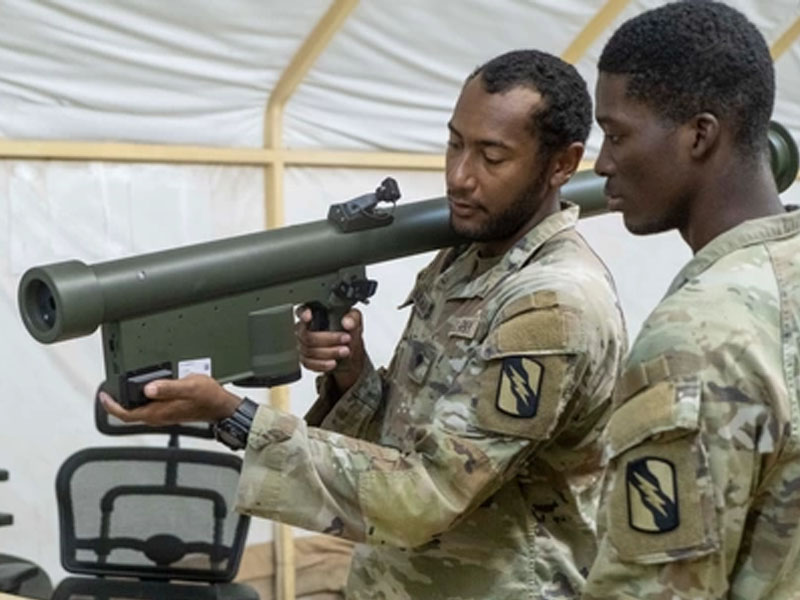MIAMI, FL — The U.S. Department of Justice revealed Monday that Ryan Routh, the man accused of attempting to assassinate former President Donald Trump, tried to illegally obtain anti-aircraft weapons from a Ukrainian associate in August 2024—claiming Trump was “not good for Ukraine” and requesting a rocket-propelled grenade.
Key Points
- DOJ says Routh attempted to purchase a “Stinger” or “RPG” from an associate he believed had access to Ukrainian military weapons.
- Routh claimed U.S.-supplied arms “get lost” in warzones and “one missing would not be noticed.”
- Prosecutors are introducing the attempted purchase as direct evidence of an assassination plot against Trump.
According to newly filed court documents in federal case 9:24-cr-80116-AMC, Routh’s encrypted messages show he asked a Ukrainian contact to “send me an RPG [rocket-propelled grenade] or Stinger and I will see what we can do.” Prosecutors allege the purchase was part of a plot to assassinate Trump ahead of the 2024 election.
The filings note Routh expressed urgency, saying, “I need equipment so that Trump cannot get elected,” and even sent his contact an image of Trump’s plane, writing, “Trump’s plane, he gets on and off daily.”
DOJ ties weapons request to political motive

The government argues the weapons request is “direct evidence of his assassination attempt,” and is moving to admit it as part of the prosecution’s case. The DOJ also emphasized that Routh believed U.S.-supplied weapons in Ukraine could be diverted without detection, citing his comment: “You are at war so those items lost and destroyed daily—one missing would not be noticed.”
The alleged communications were obtained through encrypted Signal messages found on Routh’s phone, according to the filing.
International implications under scrutiny
While there is no direct evidence the Ukrainian government was officially involved, Routh’s belief that his contact had military access and that U.S.-supplied arms could be diverted has raised concerns. Prosecutors have not stated whether Ukrainian authorities were informed of the plot or if any formal requests for weapons were fulfilled.
The court has not yet ruled on the DOJ’s request to admit the evidence, but the revelations have already ignited speculation about the vulnerabilities in U.S. arms tracking and the broader geopolitical implications.
Federal prosecutors say Trump assassination suspect sought to weaponize U.S.-funded arms in Ukraine to eliminate the former president.
